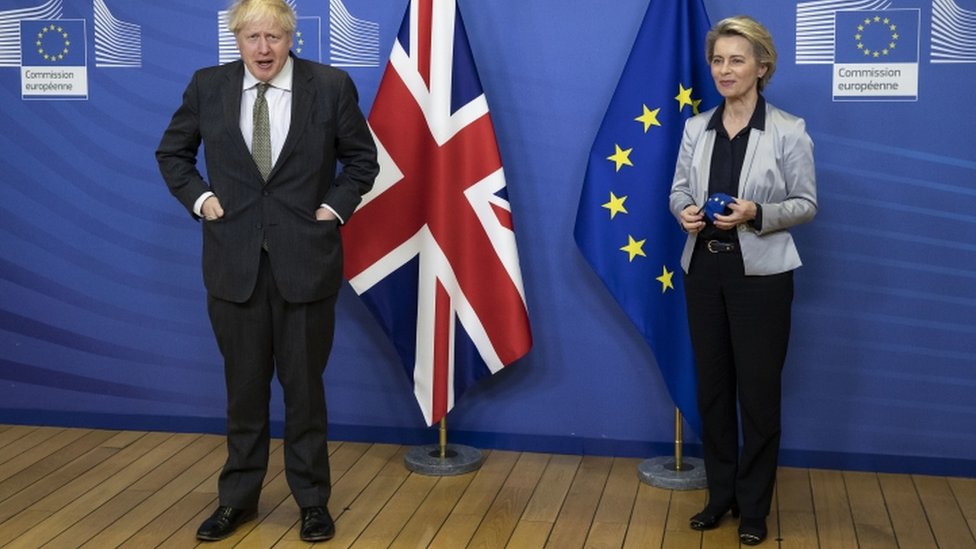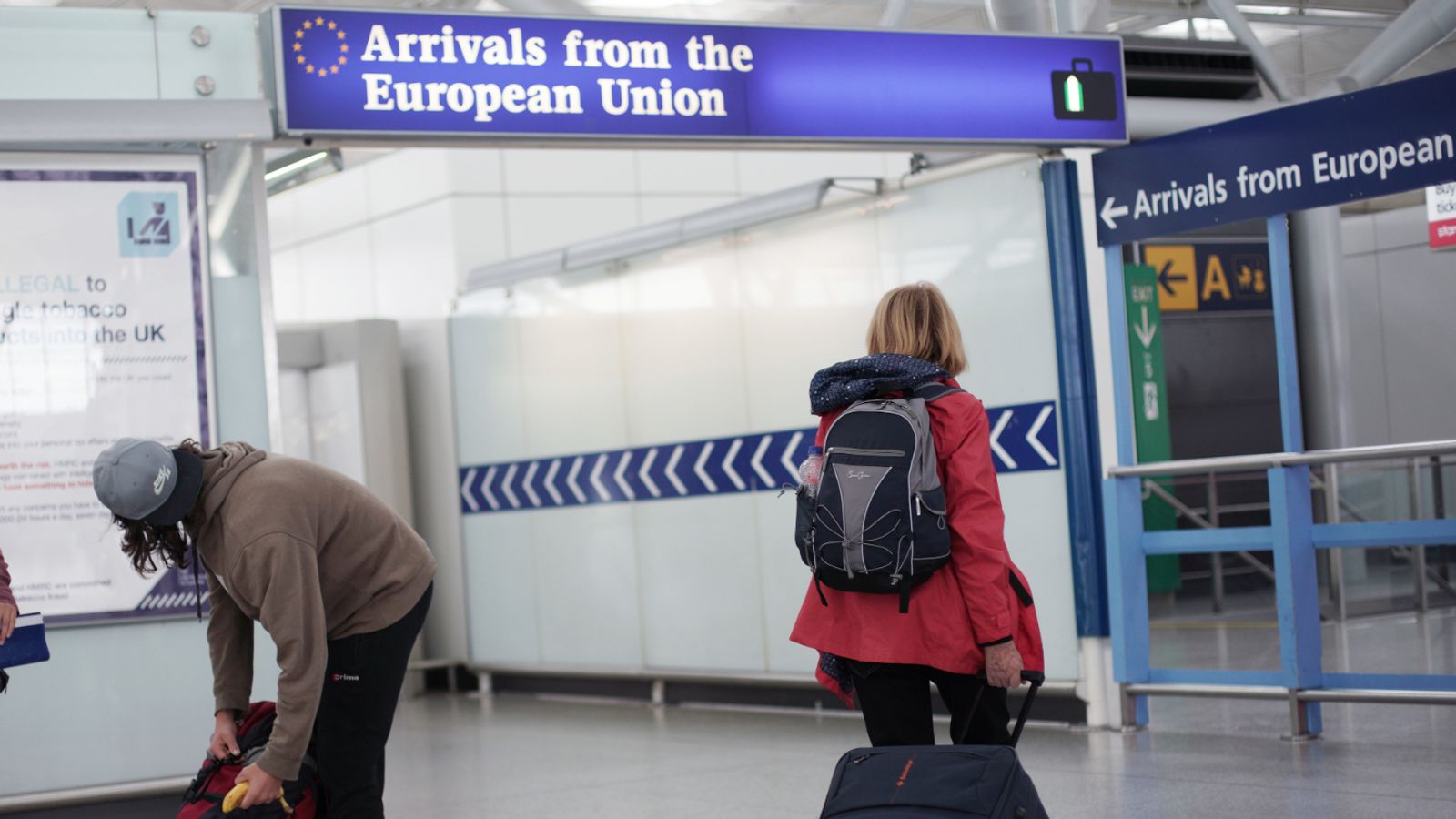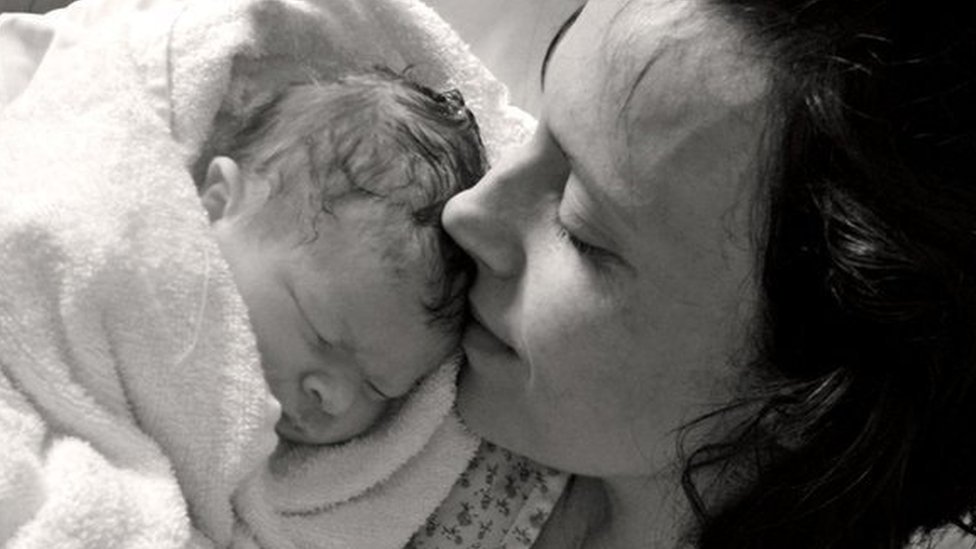
Mothers were blamed for their babies' deaths and a large number of women died in labour at a scandal-hit maternity unit, a review has found.
The inquiry into Shrewsbury and Telford Hospital NHS (SaTH) trust found deaths were often not investigated and an induction drug was repeatedly misused.
Rhiannon Davies said she never doubted what happened with her daughter Kate.
Seven "immediate and essential" actions have been made for all maternity services across England.
The chief executive of SaTH said they "commit to implementing all of the report's actions".
The review began in 2018 following campaigns led by two families. Richard Stanton and Ms Davies' daughter Kate died hours after her birth in March 2009, while Kayleigh and Colin Griffiths' daughter Pippa died from a Group B Streptococcus infection.
The report lists numerous traumatic birth experiences including the deaths of babies due to excessive force of forceps and stillbirths that could have been avoided.
Others recount repeated failures by staff to recognise mothers and babies in deteriorating conditions, including one mother whose baby died because staff were "too busy" to monitor her during labour.
It found letters and records "which often focused on blaming the mothers" rather than considering whether the trust's systems were at fault. This was exacerbated by the attitude of staff, the report said.
It said: "One of the most disappointing and deeply worrying themes that has emerged is the reported lack of kindness and compassion from some members of the maternity team.
"The fact that this was found to be lacking… is unacceptable and deeply concerning."
In June police launched an investigation to examine if there was evidence to support a criminal case against the trust or any individuals involved.
Following the publication of the report, Geoff Wessell, Assistant Chief Constable for West Mercia Police, said their investigation has been running concurrently with the review and remains ongoing.
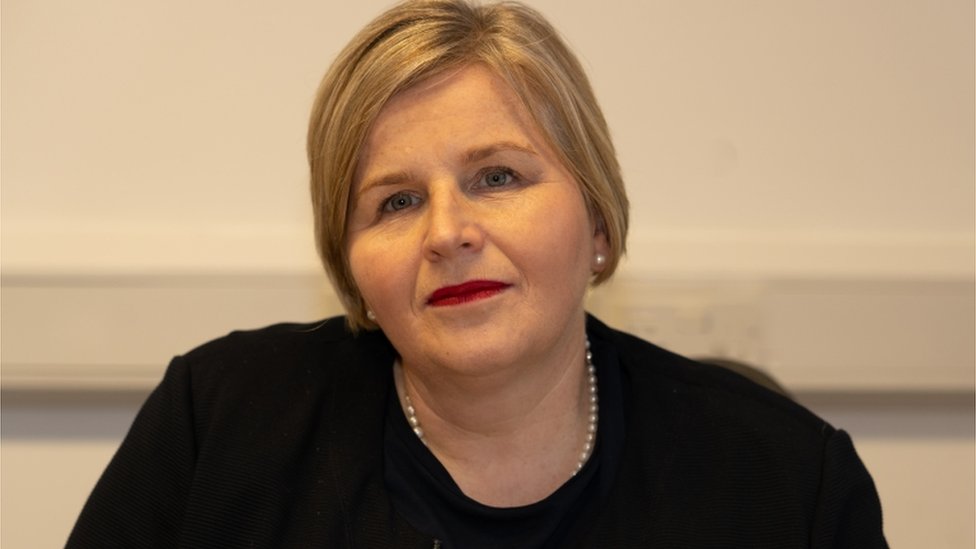
The inquiry - the largest ever of NHS maternity care - is being led by senior midwife Donna Ockenden and is looking into 1,862 cases and initially examined 250 cases.
It looked at a selection of cases between 2000 and 2018 and found there were 13 maternal deaths, a rate that is disproportionately high.
While the report said the women were often correctly identified as being "high risk" due to existing medical conditions, little concrete action appeared to follow with junior doctors conducting assessments and no team working to ensure best care.
After each death "in some cases, no investigation was initiated" whilst in others "no learning appears to have been identified."
'Want the truth'
The report said "inappropriate language had been used at times causing distress," and there were cases "where women were blamed for their loss and this further compounded their grief."
Ms Davies' daughter Kate was born "pale and floppy" at Ludlow Community Hospital and died after delays in transferring her from Ludlow to a doctor-led maternity unit.
She has fought for a review for 11 years and said: "I may sound arrogant but I've never doubted my surety of what happened with Kate.
"I knew I was right. The interim findings will hopefully bring this essential change, critically required change, change this trust has not been able to see it needs to embed and that will hopefully ensure patient safety improves and that is the only reason we've continued."
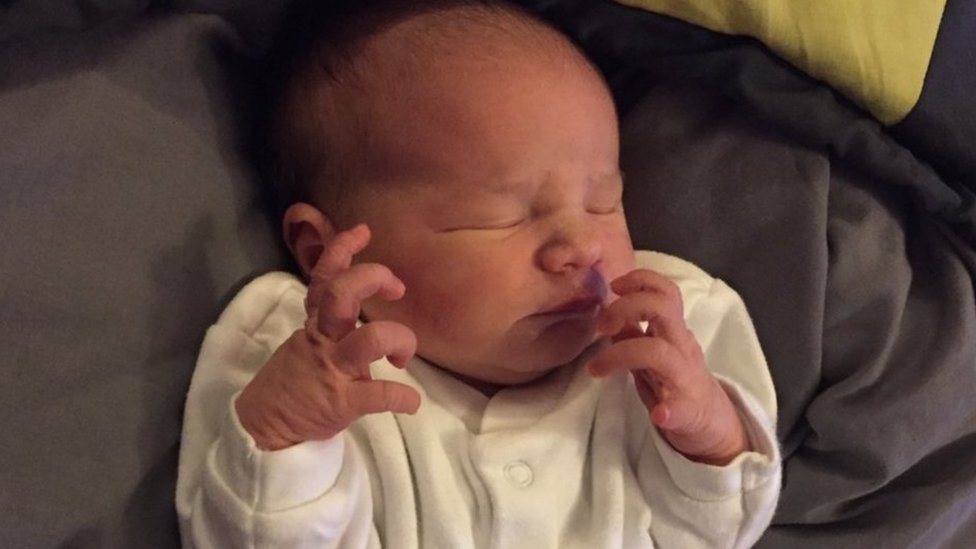
Her husband Richard said: "I think it's really important that the interim findings go someway to imposing emergency recommendations which are clearly needed at this point to improve maternity care, no family should have to go through what me and Rhiannon and all the others have gone through.
"We just wanted to get to the truth."
The reports lists 27 actions the trust must immediately carry out.
Ms Ockenden said: "Today we are explaining in this first report local actions for learning and immediate and essential actions which we believe will improve maternity care, not only at this trust but across England so that the experiences women and families have described to us are not replicated elsewhere.
The work that follows "owes its origins to Kate Stanton-Davies and her parents", Ms Ockenden said.
She added Kate and Pippa's parents have shown "an unrelenting commitment in ensuring their daughter's short lives made a difference to the safety of maternity care".
Mrs Griffiths, Pippa's mother said: "It's not acceptable... you have to pick those failures up, you have to own them and you have to make improvements."


This is not a dry report - its pages scream with the voices of the families who have been needlessly harmed.
I've heard many of these stories over the years, having spoken to dozens of families, but to read it in black and white, was still a sobering moment.
The review's publication also draws a firm line under the pretence that successive poor, weak leaders of the organisation maintained until recently, namely that the trust was no worse than others. They are worse, much worse, and have been for years.
The alphabet soup of NHS organisations that were meant to protect these families - the inspectors, the regulators, the commissioners - have a lot of questions to answer too.
Their repeated refusal to see what was happening, despite being told of the problems, is just as shaming as the trust's stance. Their moment of reckoning will come next year, when the final report is published.

Conservative MP for Telford Lucy Allan said the findings of the review were "deeply harrowing".
Health secretary Jeremy Hunt, who ordered an inquiry in 2017, tweeted: "This is a tragic day for families across Shropshire who've had it confirmed in black & white that hundreds of babies died needlessly."
This is a tragic day for families across Shropshire, who’ve had it confirmed in black & white that hundreds of babies died needlessly. There’s nothing more cruel in life than losing a child,but to do so because of mistakes that were covered up makes things infinitely more painful
— Jeremy Hunt (@Jeremy_Hunt) December 10, 2020

Louise Barnett, the trust's chief executive, said: "I want to say how very sorry we are for the pain and distress that has been caused to mothers and their families due to poor maternity care at our trust.
"We commit to implementing all of the actions in this report and I can assure the women and families who use our service that if they raise any concerns about their care they will be listened to and action will be taken."
The seven actions outlined for maternity services across England include: Enhanced safety, listening to women and families, staff training and working together, managing complex pregnancy, risk assessment throughout pregnancy and Monitoring fetal wellbeing.
As part of those seven actions, it said there must be twice daily consultant-led ward rounds, seven days a week, in the day and at night.

Timeline of events
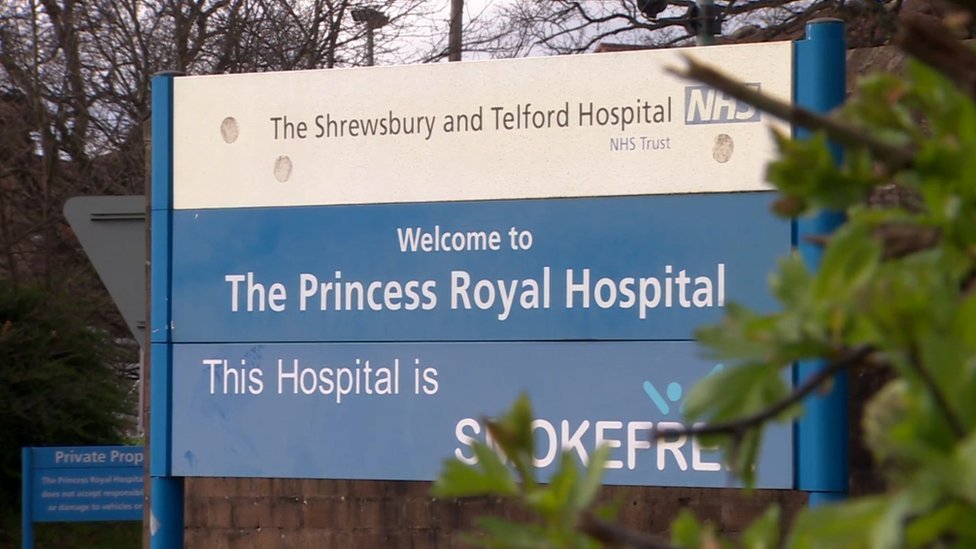
- April 2017 - An investigation is launched into a cluster of baby deaths at Shrewsbury and Telford Hospital NHS Trust
- August 2018 - Scope of inquiry expanded to look at 40 cases between 1998 and 2017, then later to 100
- November 2018 - The trust is placed into special measures after receiving its third CQC warning over staffing and safety concerns in four months
- November 2019 - A report leaked to the Independent says babies and mothers died amid a "toxic" culture at a hospital trust stretching back 40 years
- June 2020 - West Mercia Police said it was investigating whether there was "evidence to support a criminal case either against the trust or any individuals involved"
- July 2020 - It is revealed the review is now examining more than 1,800 cases

Follow BBC West Midlands on Facebook, Twitter and Instagram. Send your story ideas to: newsonline.westmidlands@bbc.co.uk
https://news.google.com/__i/rss/rd/articles/CBMiOWh0dHBzOi8vd3d3LmJiYy5jby51ay9uZXdzL3VrLWVuZ2xhbmQtc2hyb3BzaGlyZS01NTI0NDcyNtIBPWh0dHBzOi8vd3d3LmJiYy5jby51ay9uZXdzL2FtcC91ay1lbmdsYW5kLXNocm9wc2hpcmUtNTUyNDQ3MjY?oc=5
2020-12-10 12:46:00Z
52781236475753
